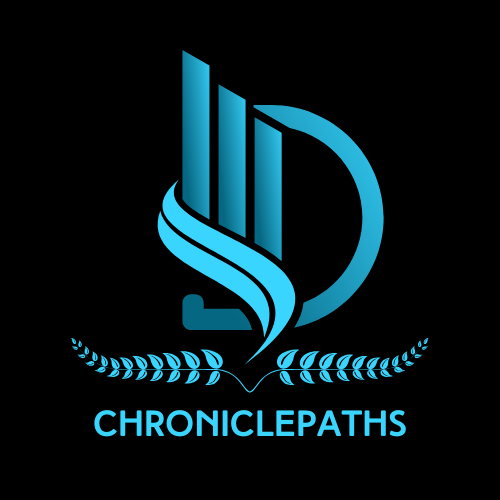Simón Bolívar, known as El Libertador or The Liberator, was a key figure in Latin American history. He helped many countries in South America gain freedom from Spanish rule. Bolívar wanted all of South America to unite, similar to the United States. But political issues got in the way. His legacy still inspires leaders and fighters for freedom today.
This biography looks at his early life, military campaigns, political beliefs, and lasting impact on South America.
Early Life and Education
Simón Bolívar was born on July 24, 1783, in Caracas, Venezuela. He grew up in a rich Creole family of Spanish descent. His parents died when he was young, so he was raised by tutors. He learned about ideas of liberty, democracy, and equality—ideas that would shape his future.
As a young man, Bolívar travelled to Europe. He was inspired by the French and American Revolutions. He admired leaders like Napoleon and George Washington but also saw the risks of dictatorship. In 1805, while in Italy, Bolívar vowed to spend his life freeing South America from Spanish control.
The Fight for Independence
By the early 1800s, Spain’s grip on South America was getting weaker due to the Napoleonic Wars. Bolívar saw this as his chance to fight for independence. He launched military campaigns across Venezuela, Colombia, Ecuador, Peru, and Bolivia, earning him the title El Libertador.
First Republic of Venezuela (1811-1812)
In 1811, Bolívar joined the Venezuelan revolutionaries when they declared independence. But the movement struggled and fell in 1812 when the Spanish took back control. Bolívar fled to New Granada, now Colombia, to regroup.
The Admirable Campaign (1813)
In 1813, Bolívar led the Admirable Campaign. He successfully liberated western Venezuela and entered Caracas as a hero. But soon, political problems and Spanish loyalists forced him into exile in Jamaica.
Letter from Jamaica (1815)
While in Jamaica, Bolívar wrote the Letter from Jamaica. In this letter, he shared his vision for an independent and united South America and asked for help, but he didn’t get much support.
Turning the Tide: The Battle of Boyacá (1819)
Bolívar’s biggest win came in 1819 at the Battle of Boyacá. He crossed the Andes to surprise the Spanish forces. This victory helped secure independence for New Granada and opened the door for more freedom in the region.
Creation of Gran Colombia (1819-1830)
With Spain losing control, Bolívar formed Gran Colombia, which included present-day Colombia, Venezuela, Ecuador, and Panama. He hoped this could become a strong, united nation. Sadly, internal divisions hurt its stability.
Liberation of Peru and Bolivia (1824-1825)
Alongside General Sucre, Bolívar’s forces fought Spanish soldiers in Peru and Bolivia. The decisive Battle of Ayacucho in 1824 ended Spanish rule in South America. In honor of Bolívar’s leadership, the new country of Bolivia was named after him.
Political Struggles and Decline
Despite military victories, Bolívar faced political challenges. Many leaders wanted their own national control rather than a united South America.
- Gran Colombia fell apart due to conflicts.
- In 1828, there was an assassination attempt on Bolívar, and he lost power.
- By 1830, he resigned and planned to live in exile.
Death and Legacy
Simón Bolívar died on December 17, 1830, in Santa Marta, Colombia. He felt disappointed in his life’s work. But over time, he became a symbol of freedom and unity.
Legacy and Influence
- Many countries and cities in Latin America are named after Bolívar.
- His ideas influenced later movements for democracy and sovereignty.
- Bolívar remains an icon in modern Venezuela, Colombia, Ecuador, Peru, and Bolivia.
Conclusion
Simón Bolívar’s dedication to freedom changed Latin American history. His military skills and political ideas earned him the title The Liberator. Though he didn’t fully realize his dream of a united South America, his influence is still felt across the continent.
